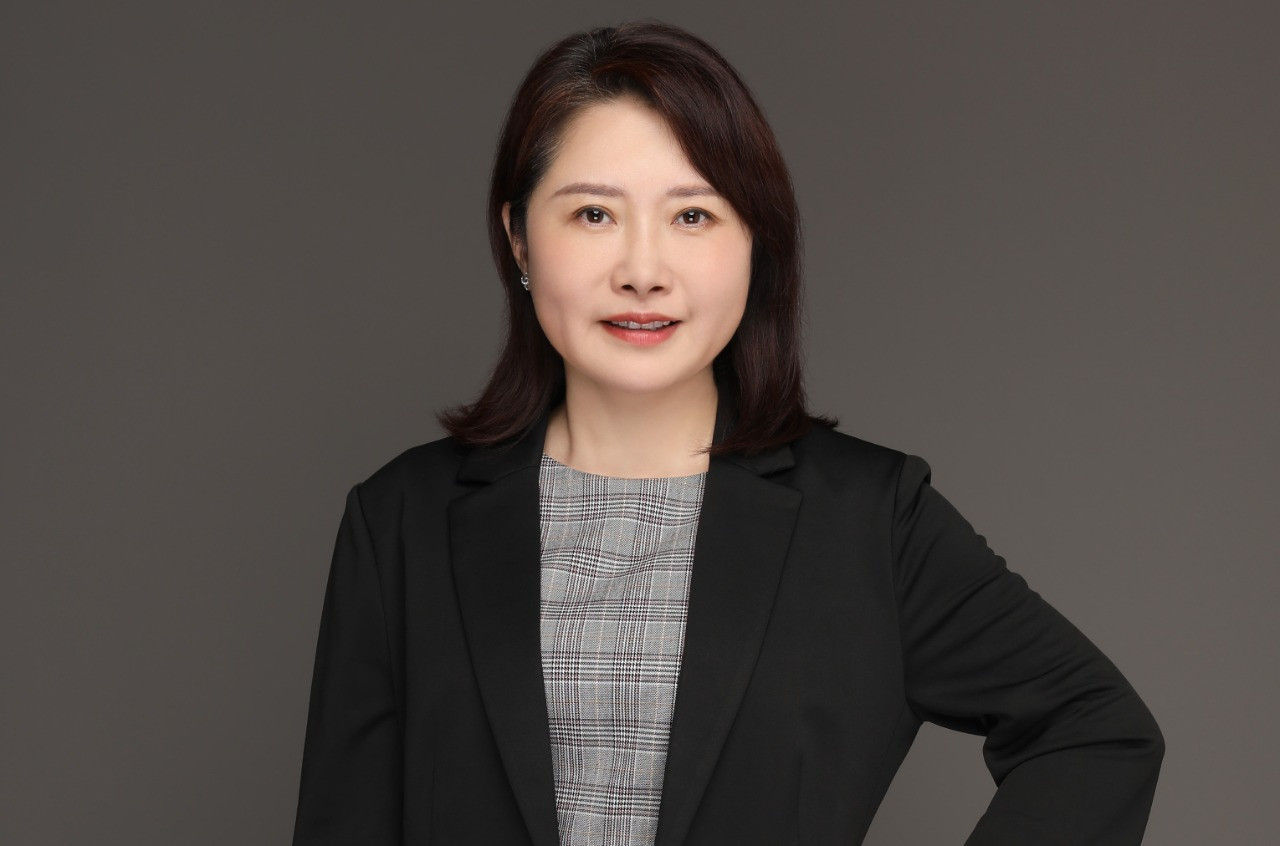Popular Reads
Top Results
Can't find what you're looking for?
View all search resultsPopular Reads
Top Results
Can't find what you're looking for?
View all search resultsAlibaba Cloud focuses on developers, local partnerships in Indonesia
Alibaba Cloud intelligence international president Selina Yuan shares about how the company expands its business in Indonesia since 2016, achievements and plans going forward.
Change text size
Gift Premium Articles
to Anyone
C
loud technology has become increasingly more important over the past few years as businesses embark on their digital transformation journey. Founded by Chinese computer scientist Wang Jian in 2009, Alibaba Cloud has transformed into one of the biggest global players. The Jakarta Post’s Deni Ghifari spoke to Alibaba Cloud intelligence international president Selina Yuan on Jan. 10 about the company’s business, achievements and plans going forward.
Question: What does Alibaba Cloud offer for customers?
Answer: We provide cloud, computing, networking, storage, security and also many infrastructure as a service (IaaS) or products and also platform as a service (PaaS) solutions. These are the main accounts running on our data centers, which, for Alibaba Cloud, is a fundamental part of business.
On top of that, we are also involved in big data, artificial intelligence (AI) and machine learning. One example on that is we have what we call as customer developer platform, which is mainly based on big data and AI.
We also have software as a service (SaaS) but, generally, our most mature products for our overseas customers come from Iaas and PaaS, in which we have over 100 products and solutions for the former and over 1,000 for the latter.
How long have you been in Indonesia and what is your current position?
We started engaging in Indonesia in 2016 but local employment and local partnerships realized in 2017. We built our first data center in the country back in 2018, followed by a second one in 2019 and another one in 2020.
We have different kinds of customers across verticals in Indonesia and we deliver customer services for all sorts of clients or partners. So, all in all, I would say that our portfolio and coverage is quite wide in the country.
What did you do throughout 2022?
Last year, we upgraded the architecture design of our infrastructure; more specifically, we have a stronger cloud infrastructure processing unit that, for instance, can shorten the latency and improve capacity.
We also have six new data centers built last year globally and we fully comply with local regulations in erecting those.
For instance, in Indonesia, we were the first to have a local data center that is in compliance with Indonesian government regulations. We now have three data centers within the Indonesian territory, along with six service centers and hubs.
Mind you, this is just the beginning; we build local data centers in Indonesia in order to provide better customer care and service support so we can help them in their digital transformation journey.
We were also involved in some sport events in the past few years and I think that’s very exciting. We successfully supported the Tokyo Olympics in 2020 and last year we were a major part of the 2022 Beijing Winter Olympics.
The involvement materialized in several things and the most significant one is arguably the broadcasting — which was entirely operated on the cloud and that allowed worldwide broadcasters to carry out their roles remotely, meaning they didn’t have to come onsite to distribute Olympics coverage real time.
Another significant achievement was the core system of the 2022 Beijing Winter Olympics was 100 percent run on our public cloud.
This sport innovation was sort of like a miracle for us because typically, you have two years to prepare for this kind of event but in our case, we managed to do both Tokyo and Beijing in slightly over six months.
For such a short period of time, we achieved quite a lot together with the partners and the innovation will continue.
Going forward, we have the Asian Games and we will try to maintain and exceed what we have achieved in the Olympics.
How do you plan to navigate through 2023?
First, one of the most important factors in our line of business is [cloud] developers because we believe they have a huge influence, and they are the key for the technology.
Second, we will focus on expanding our partner ecosystem; we want to continue our efforts because we launched our strategy last year that dictates how important it is to have more local partners with whom we can develop more enablement programs.
The third focus is on the technology. We have decided to build our international center of competence where we would have the panel management, operations, marketing and branding center in Singapore. This move will roll out this year and this shows our investment determination for international business.
Overall, we are pretty optimistic and positive about 2023. The macroeconomic conditions may be concerning but with them, comes opportunity. Businesses can change their traditional way and we welcome that because we are for innovative ideas from the very beginning.
Businesses may become more digital and more creative to get through this year, so this may be good in a sense. Even if, say, time becomes tough and people get wary about investment, we are still very confident about 2023 because we are actually quite experienced at coming up with cost-effective solutions.










